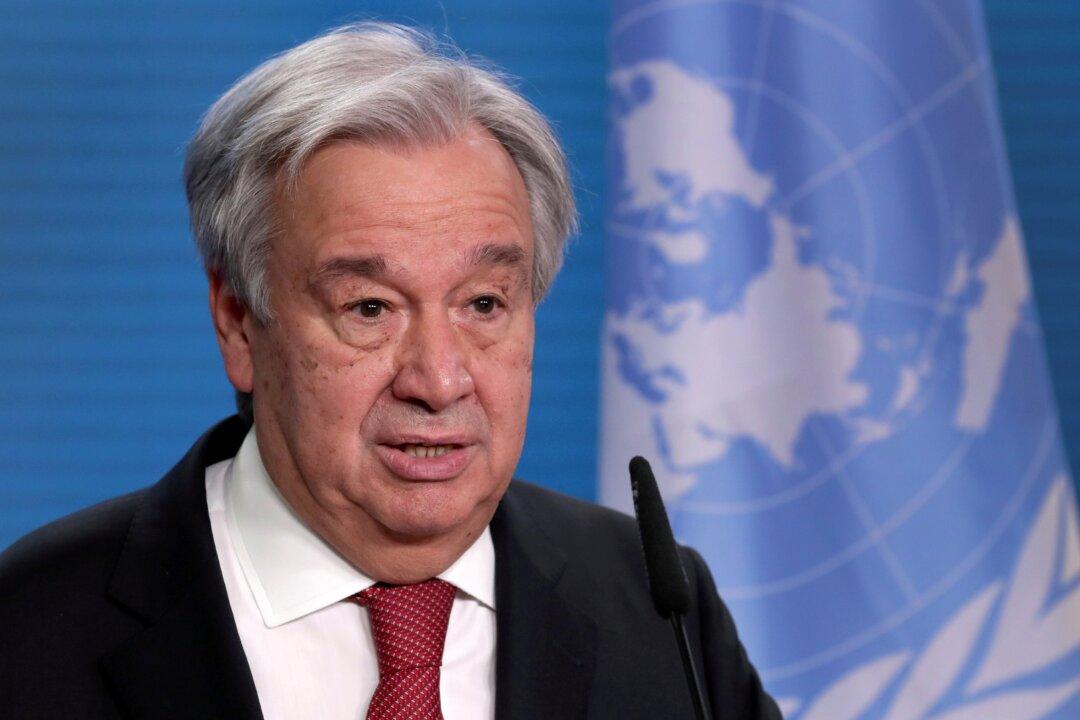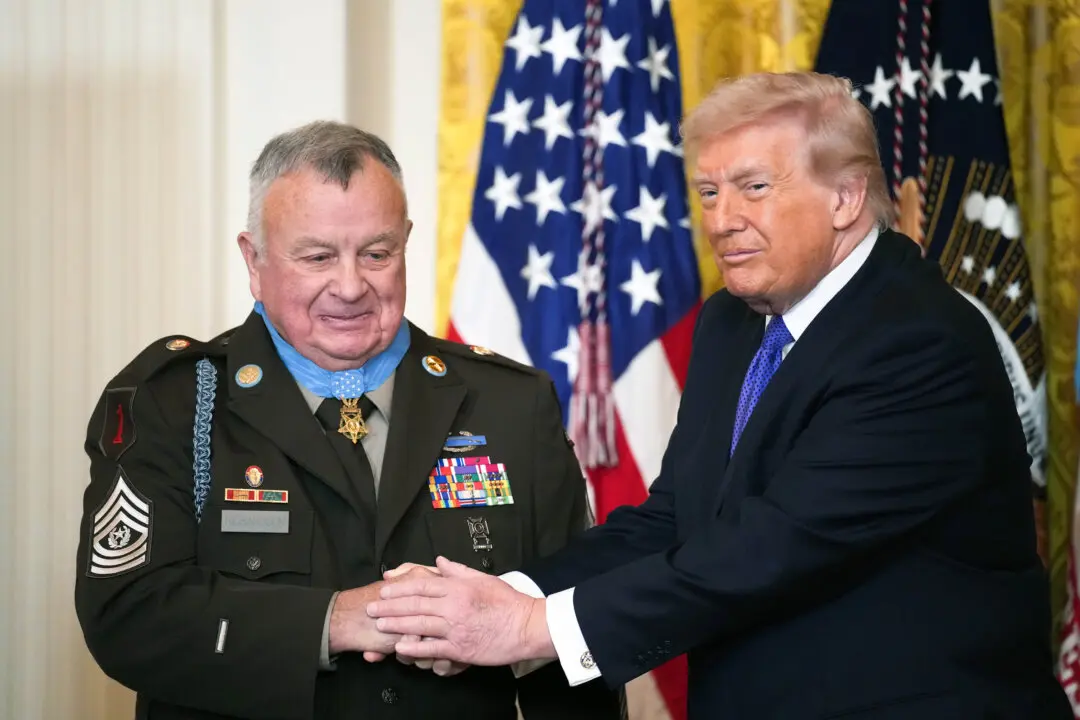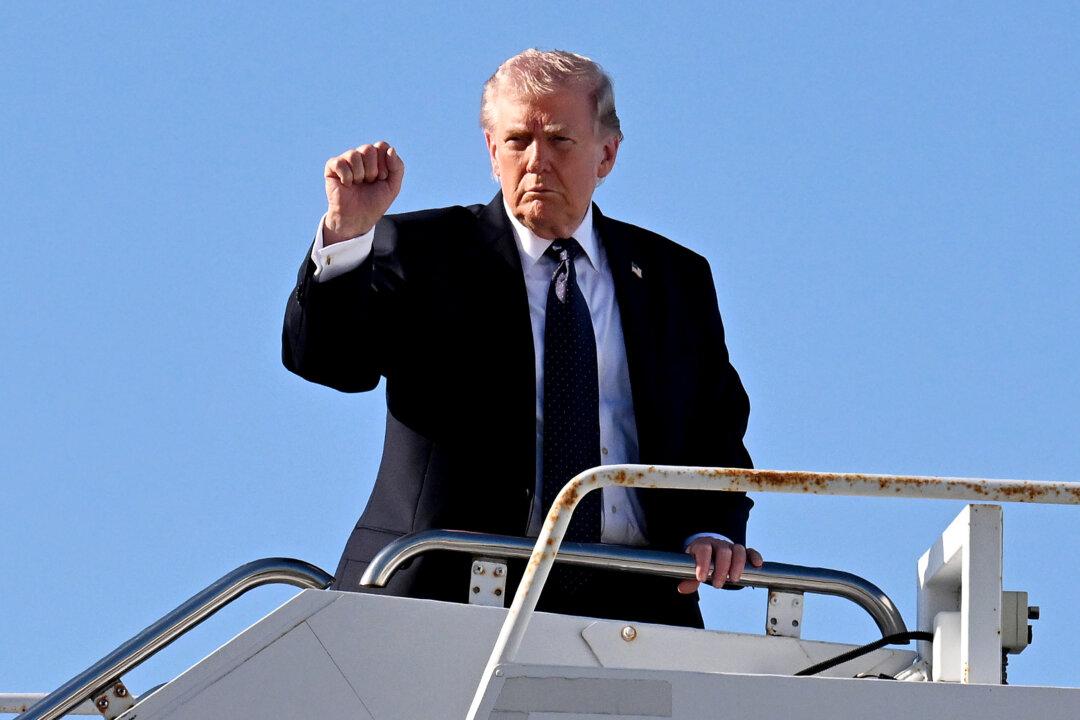United Nations Secretary-General Antonio Guterres has accepted the invitation to attend the 2022 Beijing Winter Olympics, despite diplomatic boycotts by several Western nations of the games in protest of the Chinese regime’s ongoing human rights violations in Xinjiang.
“The secretary-general received an invitation from the International Olympic Committee to attend the opening of the Beijing Winter Games, and he has accepted it,” spokesman Stephanie Dujarric told reporters on Thursday.





